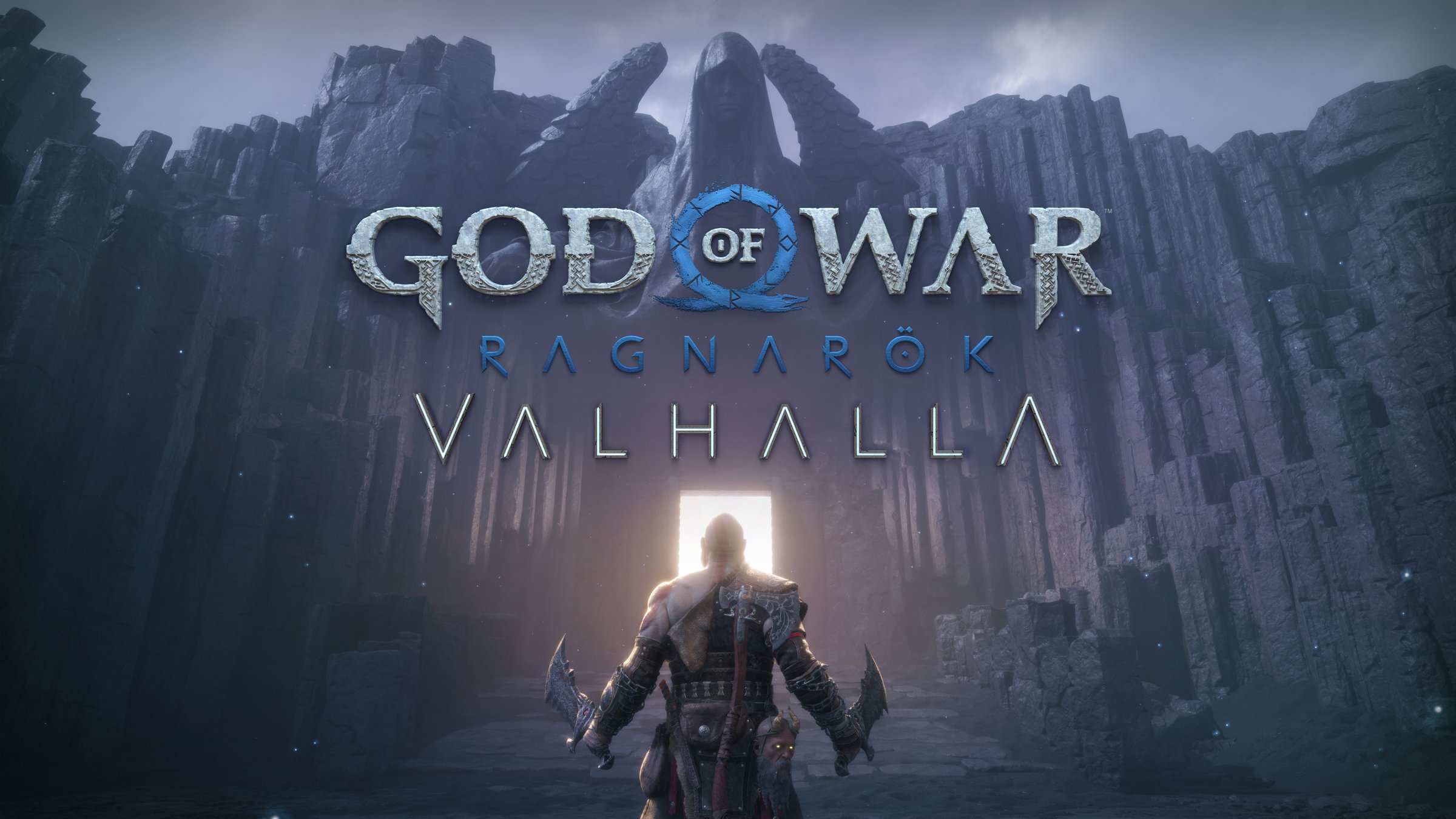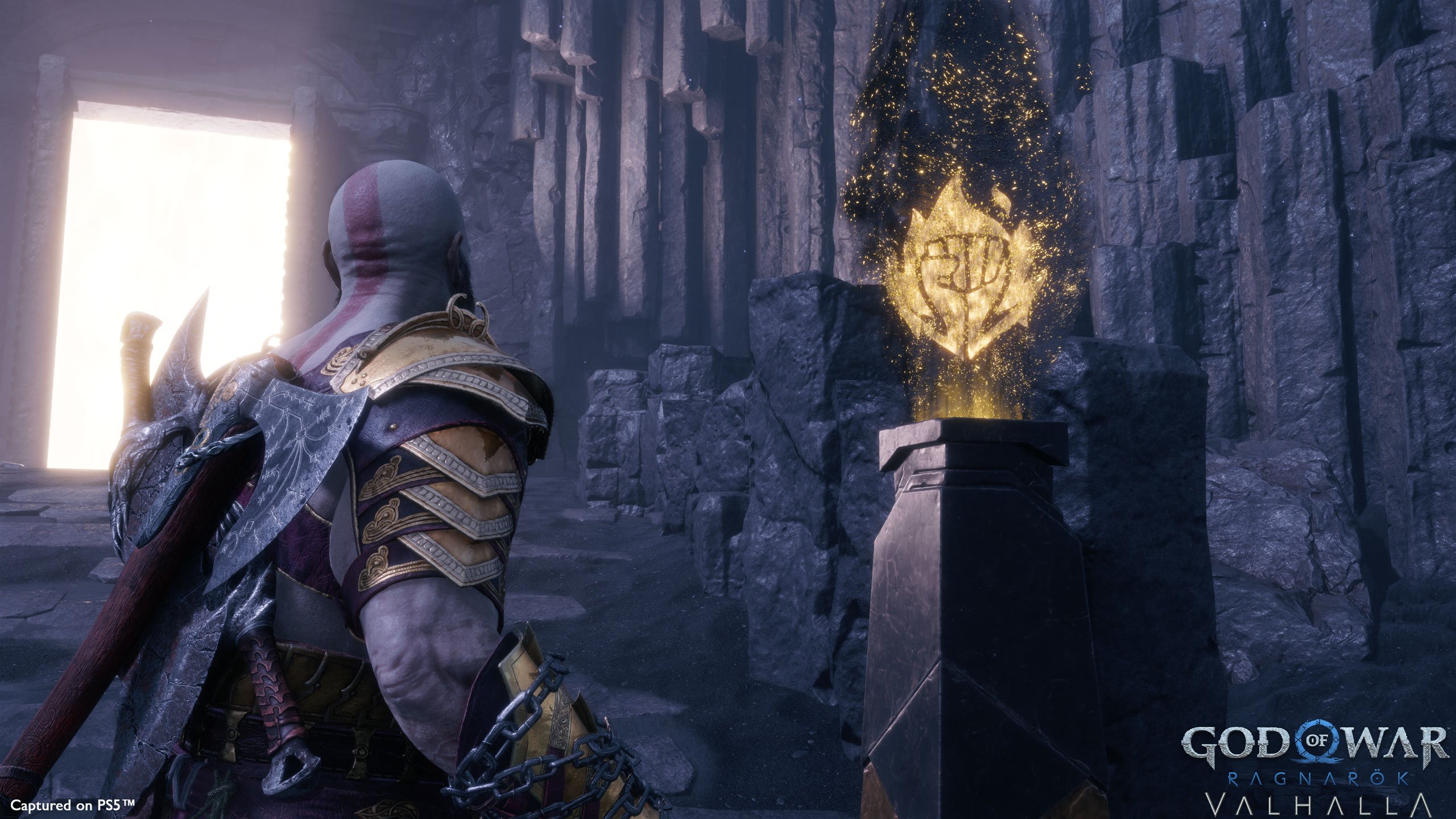In a surprising twist God of War Ragnarök, Valhalla, has emerged as an unexpected treasure that has left many, including Kenneth Shepard of Kotaku, astonished at its quality, especially considering it comes at no cost. While the original Ragnarök was lauded as a robust successor to the 2018 reboot, it faced criticism for attempting to wrap up an entire trilogy’s worth of story within a single game. Valhalla, on the other hand, shines as a lean encapsulation of everything Ragnarök and its predecessor do well, creating a renewed appreciation for the sequel.
A Post-Ragnarök Journey: Valhalla’s Narrative Focus
Set after the events of Ragnarök, Valhalla follows Kratos as he seeks out the titular hall of heroes in response to a mysterious invitation. Inside, he confronts combat arenas constructed from his memories, creating a unique framing device that allows players to explore Kratos’ past. Unlike the original Ragnarök, which juggled an ensemble cast and a breakneck pace, Valhalla’s strength lies in its narrow focus, providing a more intimate exploration of Kratos’ character and the consequences of his actions.
Valhalla’s storytelling approach serves as a therapy session for Kratos, forcing him to confront and acknowledge the impact of his heinous crimes. The DLC delves into the emotional weight of his past, emphasizing the narrative precision that made the 2018 reboot a success. The narrower focus on Kratos’ journey in Valhalla brings depth to his character, making it a compelling addition to the God of War saga.

Roguelike Therapy: Unpacking Kratos’ Baggage
The structure of Valhalla allows Kratos to delve into his past through a roguelike format, providing an excellent showcase for Ragnarök’s standout feature—the combat system. By stripping Kratos down to his essential components, the DLC introduces a roguelike experience where players can add upgrades, powerful runic attacks, and challenging debuffs as they ascend through Valhalla. This unique structure offers a fresh take on the combat system, encouraging experimentation and ensuring that no two encounters play out the same way.
With its random rewards and upgrades, Valhalla keeps players on their toes, offering a plethora of permutations for each run. The absence of narrative excess allows the focus to shift back to the core gameplay, making it one of the most engaging versions of God of War’s combat system seen in the rebooted franchise. The blend of hack-and-slash stylings reminiscent of the original games and the weight of a Soulslike experience is refined in Valhalla, providing a thrilling and challenging encounter for players.

Dynamic Challenges and Resource Scarcity: The Valhalla Experience
Despite being set on standard difficulty, Valhalla poses a formidable challenge with its frugal use of healing items and stations. The scarcity of resources keeps players constantly scavenging for essentials, creating a thrilling and dynamic experience. The final boss fight, in particular, stands out for its escalating difficulty, offering a satisfying conclusion to each run.
In conclusion, Valhalla has proven to be a surprising gem within the God of War Ragnarök universe, showcasing the potential of well-crafted free DLCs. Its focus on character exploration, refined combat mechanics, and the roguelike structure has revitalized the gaming experience for players, leaving an indelible mark on the franchise. As the gaming community reflects on the impact of Valhalla, it raises questions about the future possibilities of enriching free content within premium game releases. The success of Valhalla as a standalone and complimentary experience underscores the evolving landscape of gaming narratives and player engagement. As players continue to explore the halls of Valhalla, they find not only engaging challenges but also a profound connection to the enduring legacy of Kratos and the God of War series.
Let’s find out more useful information with Akiba-games!
